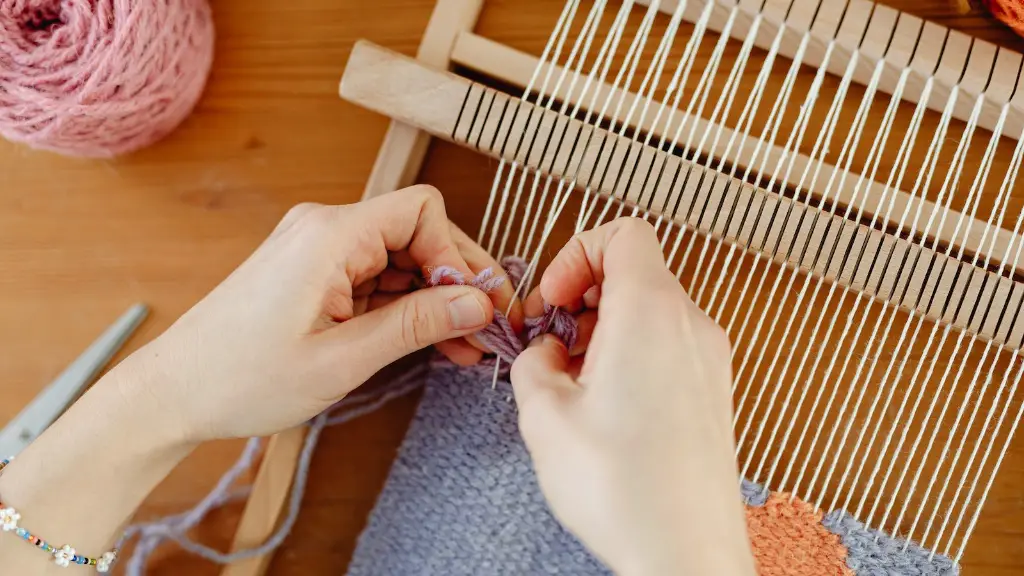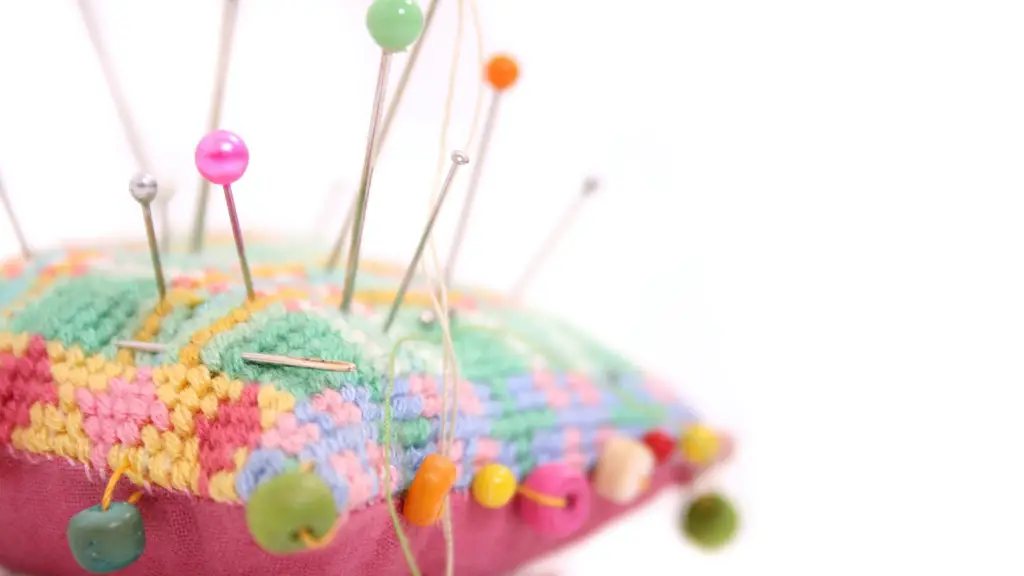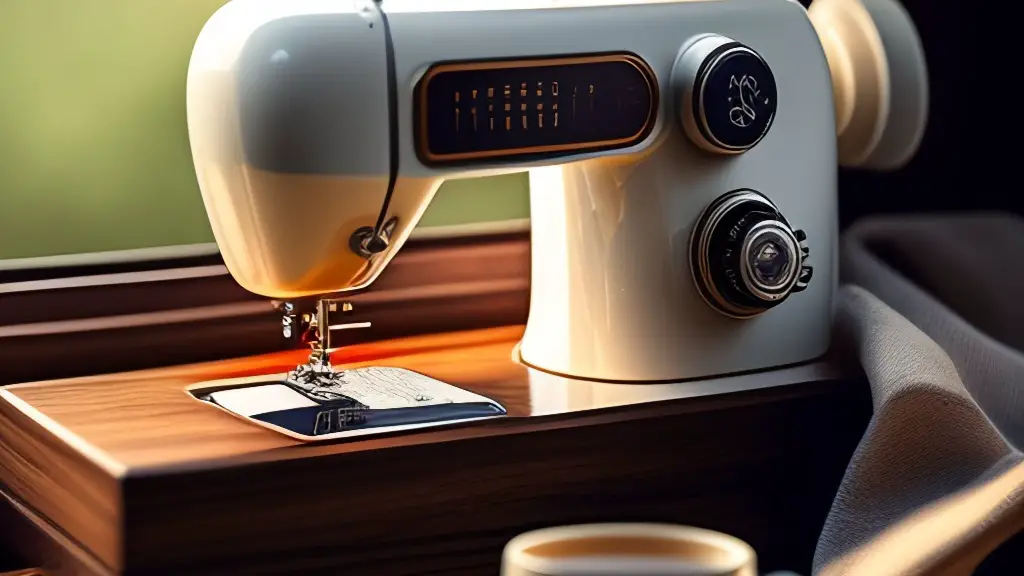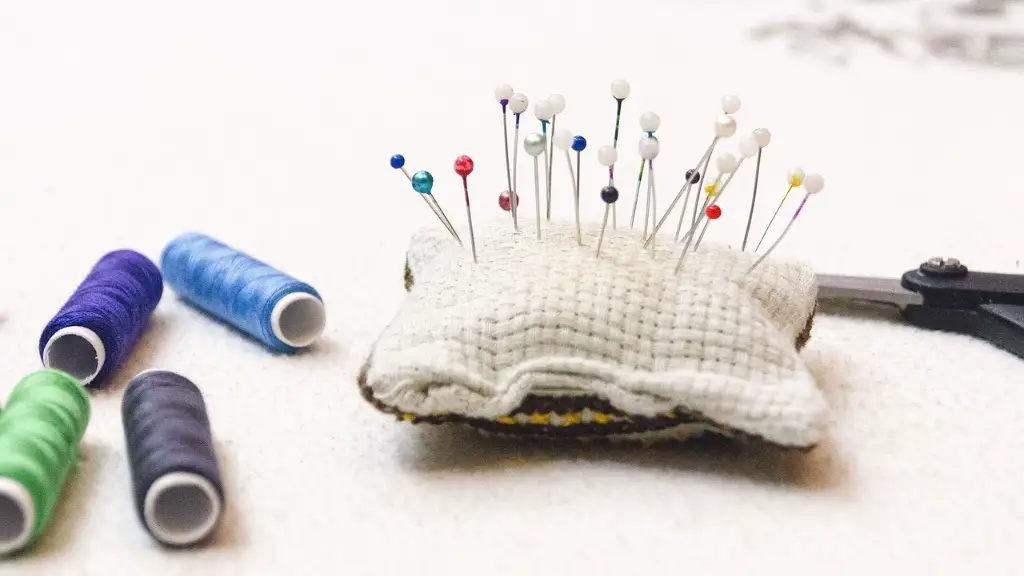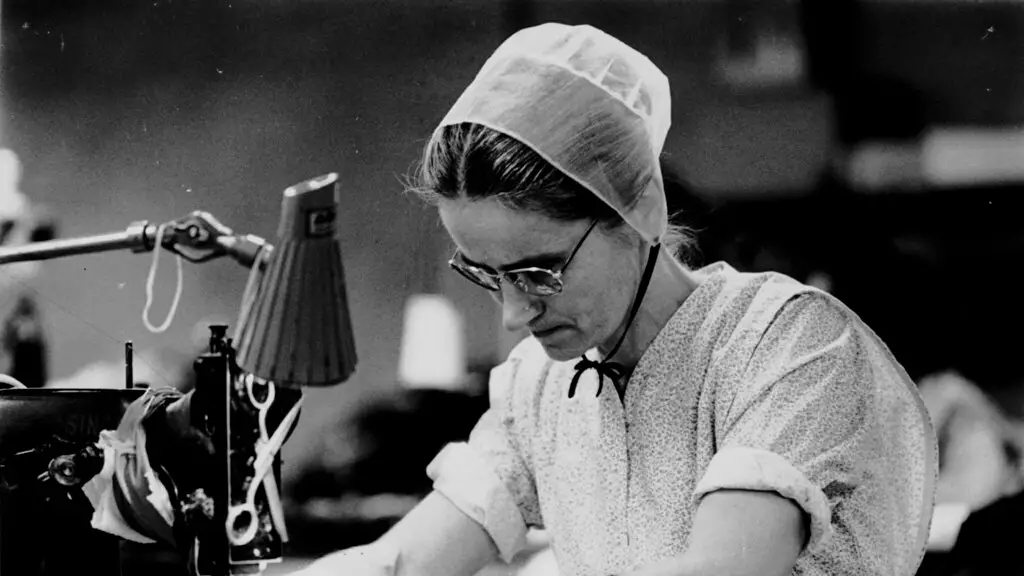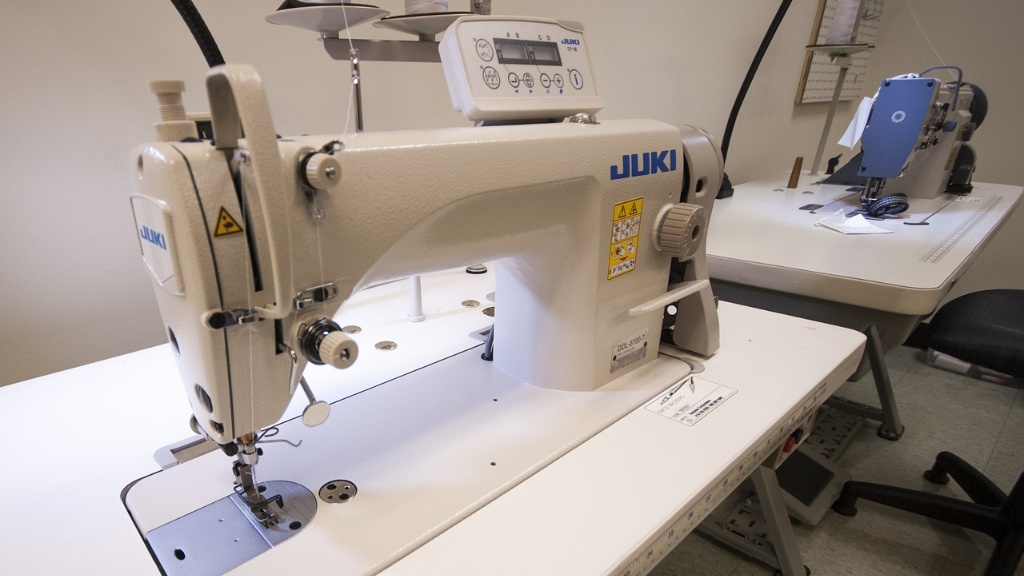So you’re wondering – how much is a sewing machine worth? Well, this depends on many factors. Do you want a professional-level machine that can handle large projects? Or are you looking for a basic model to use for your hobby and smaller items? There are a variety of models to choose from and deciding what type of machine you’re looking for is the first step.
Before you buy a sewing machine, you should consider the type of projects you’ll be sewing and the types of fabric you’ll be working on. If you’re working with lightweight fabrics or doing basic projects, then a basic model might be fine. But if you’re aiming for more professional results or working with heavier fabrics, you’ll want to invest in a higher-end sewing machine.
The other factor to consider is your budget. Sewing machines range in price from a few hundred dollars to several thousand. The more features and functions a machine has, the more expensive it will be. Weight is also a consideration. If you plan to transport your machine, then you’ll want to make sure it’s not too heavy.
Experts recommend investing in a good quality machine that can handle the projects you plan to do. For instance, if you plan to sew quilts, you’ll need a machine with a wide range of stitches, adjustable tension, and the ability to accommodate multiple fabrics. You may also want to look for machines that include specialty features, such as free-motion quilting or embroidery, depending on the projects you plan to do.
It’s always a good idea to do your research before buying a machine. Look for one that has good reviews and offers the features you need. And, as always, consider your budget when making your purchase. You can find quality machines on a variety of websites and stores.
No matter what type of sewing machine you choose, it’s important to understand the features of each model. Sewing machines often come with a variety of bells and whistles, but you should be aware of what each machine offers before making a purchase. Additionally, it’s important to check the customer ratings and reviews of the brand you’re considering.
Consider Maintenance Needs
When buying a sewing machine, it’s important to consider the maintenance needs of each model. If you can’t easily find a technical manual or find a local service center to repair machines, then the machine may not be a good long-term investment. Be sure to do your research and make sure the type of machine you’re considering is one you’ll be able to maintain for years to come.
Some sewing machines may require more maintenance than others, so it’s important to understand the needs of your particular model before you buy. For instance, some machines may require oiling more often than others. If you’re not comfortable performing routine maintenance on the machine, you may want to look for one that requires less maintenance.
Another consideration is whether or not you’ll be able to access parts should something go wrong. If the manufacturer doesn’t have easy access to parts or you live in a rural location, then you may need to find a local service center that can help you in the event of a repair.
Extended Warranties
When purchasing a sewing machine, consider the warranty the manufacturer offers. Most machines come with a year of coverage, but some may offer longer terms. Be sure to read the warranty document carefully to understand what’s covered and what’s not. It’s also a good idea to understand the return policy, as well as any repair or replacement provisions.
You may also want to look into extended warranties, which can be purchased for an additional fee. An extended warranty can provide you with peace of mind and the assurance that your machine will be protected should anything go wrong.
Choosing the Right Accessories
You may also want to consider the accessories available with each machine. Some come with a variety of tools, such as a rotary cutter, a walking foot, a thread cutter, and a yardage indicator. You may also want to include a dust cover, bobbin winder, or a table to make your sewing experience more enjoyable.
Be sure to consider the cost of the accessories when making your purchase. Most machines come with all of the basic tools you’ll need, but it can be worthwhile to invest in additional extras that can help you achieve your desired results.
Machine Type
The type of machine you purchase will also affect the cost. mechanical machines are generally less expensive than computerized models, and some offer more features than other. The type of machine you choose should depend on the type of projects you plan to do, and you should also consider the maintenance needs of each model before making a purchase.
Sergers are another type of sewing machine. These machines are used to finish raw edges and create professional, finished looks. Sergers are often preferred by professional sewers, so you should consider this type of machine if you’re looking for more advanced results.
It’s also important to understand the difference between an embroidery machine and a sewing machine. While most sewing machines can be used for embroidery, a machine specifically designed for this purpose generally offers more features and options. Be sure to consider the type of projects you plan to do when making your purchase.
Know Your Budget
When it comes to cost, it’s important to determine your budget before you start shopping for a sewing machine. While a higher-priced machine may have more features, you may be able to find a quality machine that fits your needs at a lower price point.
It also pays to shop around. Compare prices and features at different retailers and compare customer reviews to determine the best value for your money. There are also a variety of websites and blogs that offer comparison charts, which can be helpful when trying to decide which machine is right for you.
Used Machines
If you’re looking to save money, then you may want to consider buying a used sewing machine. You can often find bargain prices at second-hand stores, flea markets, or online. Be sure to thoroughly inspect the machine and test it before you buy.
You should also ask the seller if the machine has been serviced and if there are any known problems. If the seller is unable to provide service records, then you may want to reconsider buying the machine, as it may need further repairs or maintenance.
Reputable Stores
The best way to ensure a safe and reliable purchase is to buy from a reputable dealer. Reputable dealers will provide you with a warranty and make sure the machine you purchase is in good working condition. Additionally, they will be able to offer helpful advice and assistance when selecting a sewing machine.
When making such an important purchase, it pays to do your research and make sure you choose the right machine for your needs. With so many different models and brands available, it may take time to find the perfect machine for you. But when you do, you’ll be well equipped to create professional-looking garments and home décor items.
